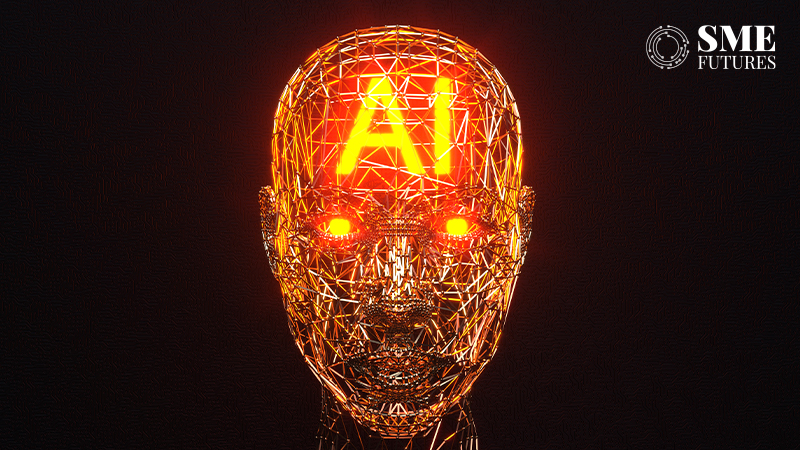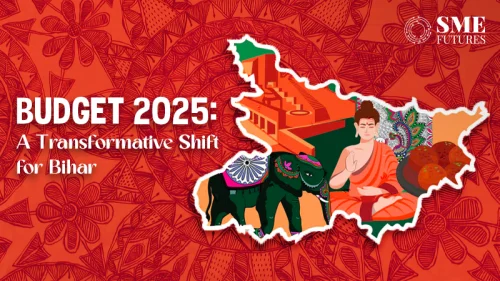Generative artificial intelligence (AI) which includes large language models like OpenAI’s ChatGPT, and social media can undermine efforts to address climate change, said researchers in a new forum article published in the journal Global Environmental Politics, on Friday.
Researchers from the University of British Columbia (UBC) noted that it is a common conception that AI, social media, and other tech products and platforms are either neutral or potentially net positive in their impact on climate change action.
Further, these can reduce human capacities for creative thinking and problem-solving — crucial for tackling climate change.
Additionally, the platforms also work to take away attention from pressing global issues and foster feelings of hopelessness, they said.
According to Dr Hamish van der Ven, Assistant Professor of sustainable business management of natural resources at UBC, “These technologies are influencing human behaviour and societal dynamics, shaping attitudes and responses to climate change.”
He noted that AI and social technologies can lessen our focus on the climate crisis, as they always offer “new, ever-changing content.”
Recurrent exposure to “negative news on social media may also erode optimism and increase feelings of hopelessness. All this could prevent us from organising or taking collective action on climate change,” he noted, calling for a cautious review of generative AI.
Increased dependence on these technologies may decrease the “capacity for creativity and forward-thinking solution,” noted Dr van der Ven.
Both social media and AI are also known to contribute to the spread of false or biased information — which can hobble the actions we need to take on climate change.











